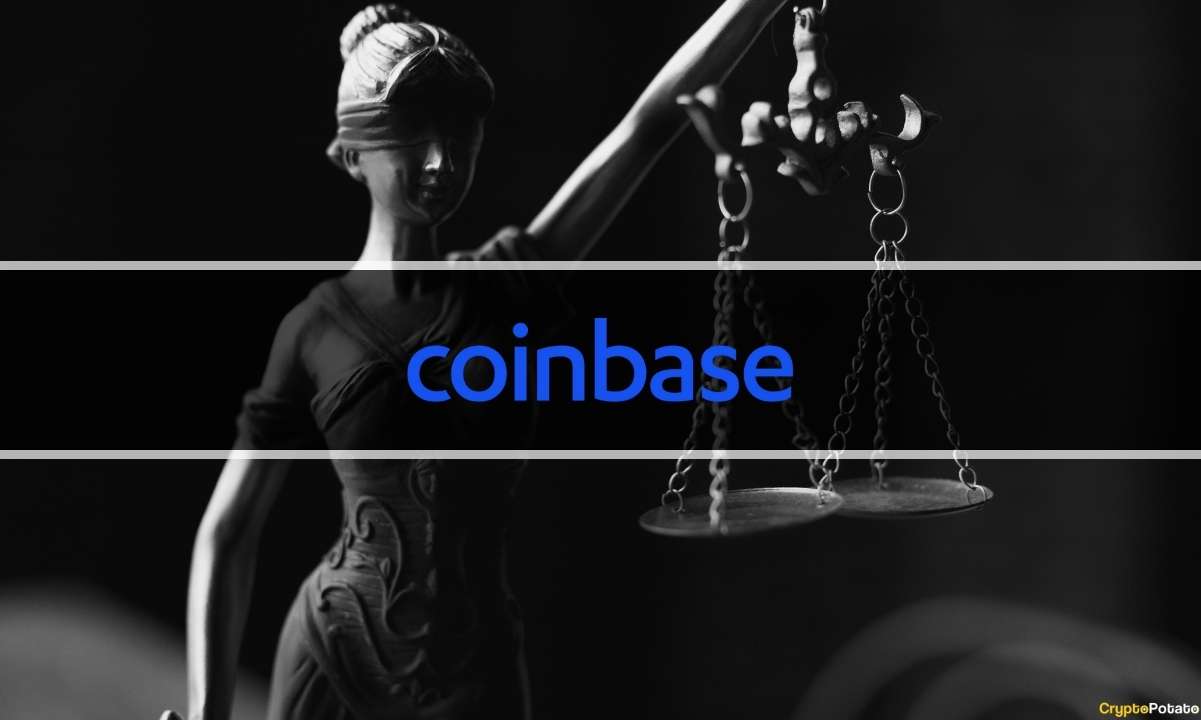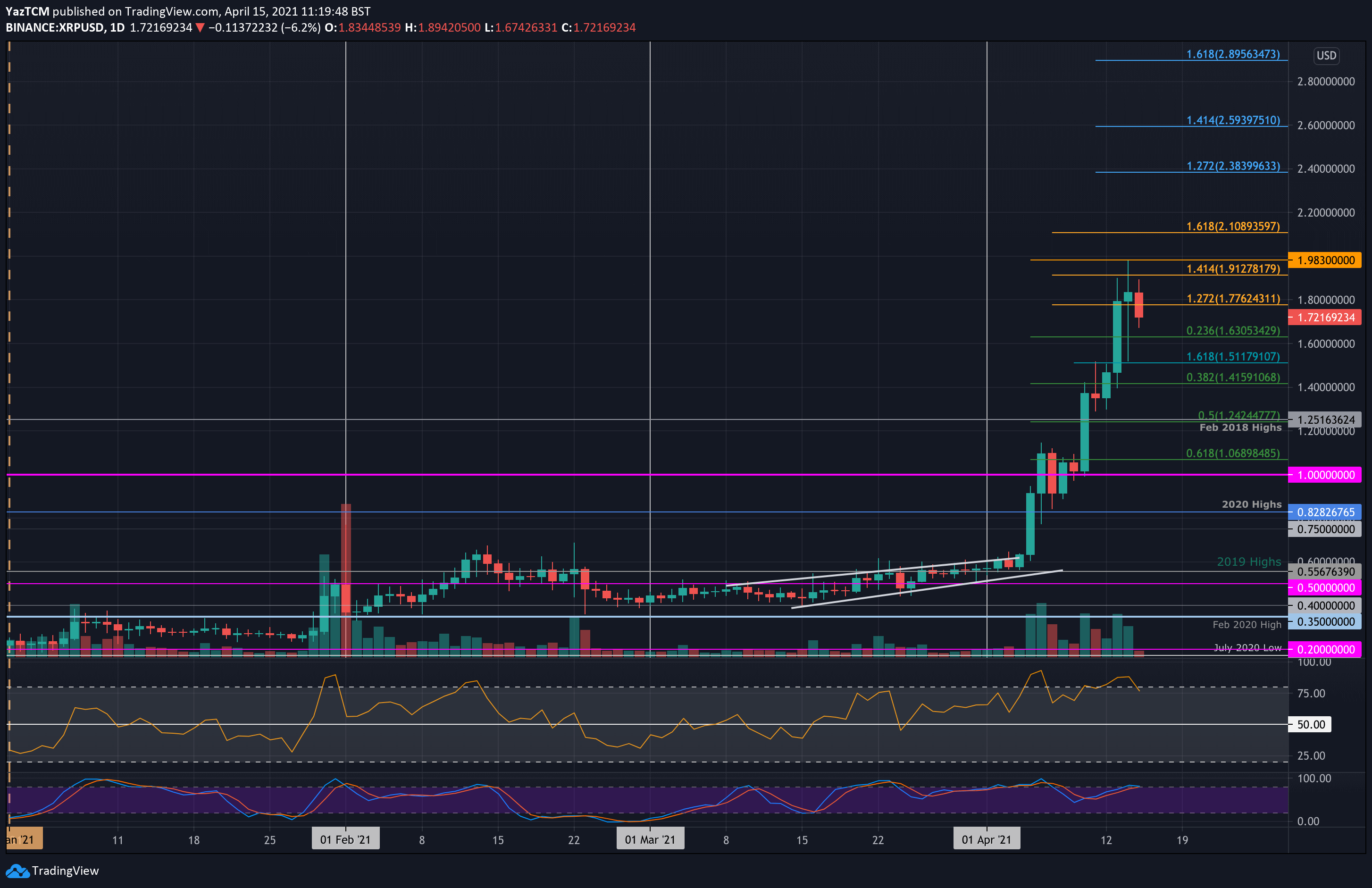Dubai Says Yes to Crypto Salaries
A United Arab Emirates court has recognized cryptocurrencies as a mode of salary payment in a landmark ruling affecting employment contracts.
According to a report by Lexology, the ruling by the Dubai Court of First Instance starkly contrasts a decision taken in a similar case and highlights the growing adoption of cryptocurrencies in the UAE.
Crypto as Salary Payment
The plaintiff sued its former employer for wrongful termination and unpaid wages, seeking compensation and other employment benefits. The employment contract set forth a monthly salary in the United Arab Emirates Dirham (AED) and 5,250 EcoWatt tokens (EWT). EcoWatt is a crypto project that blends renewable energy and blockchain technology to impact the global climate crisis.
The lawsuit focused on the wrongful termination of the plaintiff’s employment and the defendant’s failure to pay the EWT tokens for six months.
During the case hearing, the court recognized the validity of the crypto payment, ruled in favor of the plaintiff, and ordered the defendant to settle the wages in EWT as stipulated in the employment contract rather than convert the value to fiat.
“As the respondent did not provide evidence of payment of the claimant’s salary for the claimed period, and since the documents were void of such evidence, the court orders the respondent to pay the claimant [redacted] AED in addition to [redacted] EcoWatt tokens,” the court stated.
Growing Acceptance of Crypto
Last year, the same Dubai Court of First Instance took a different stance against employee remuneration in cryptocurrencies. The case also involved unpaid wages in EcoWatt tokens, but the court ruled in favor of the defendant because the plaintiff failed to provide a specific valuation of the cryptocurrencies in fiat.
Although the court acknowledged the existence of EWT in the employment contract, it did not order the employer to pay the plaintiff the tokens.
“As the claimant did not provide evidence of the value of the digital currency (EcoWatt tokens), the court disregards it, since the respondent did not provide opposing evidence or any defense, and therefore, the court concludes that the duration of the claimant’s service was [redacted] and that the gross and basic salary was [redacted] AED, and the court rules in the case accordingly,” the court ruled.
While the court’s ruling in 2023 reflected a traditional approach to cryptocurrencies, the recent decision depicts an acceptance of such assets.
The post Dubai Says Yes to Crypto Salaries appeared first on CryptoPotato.









